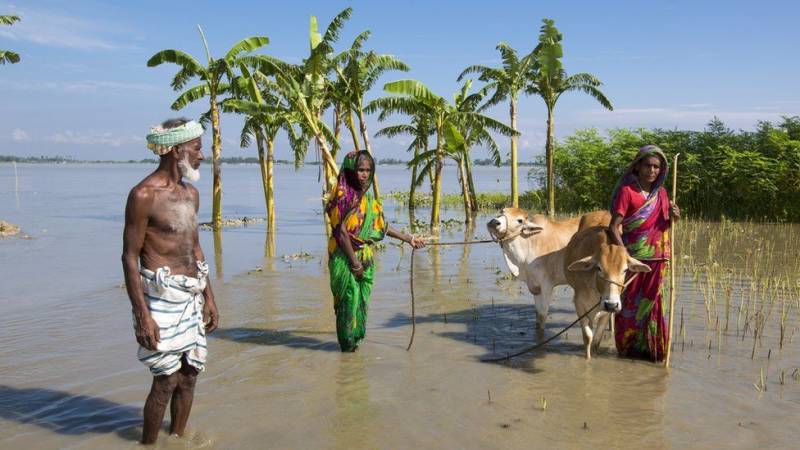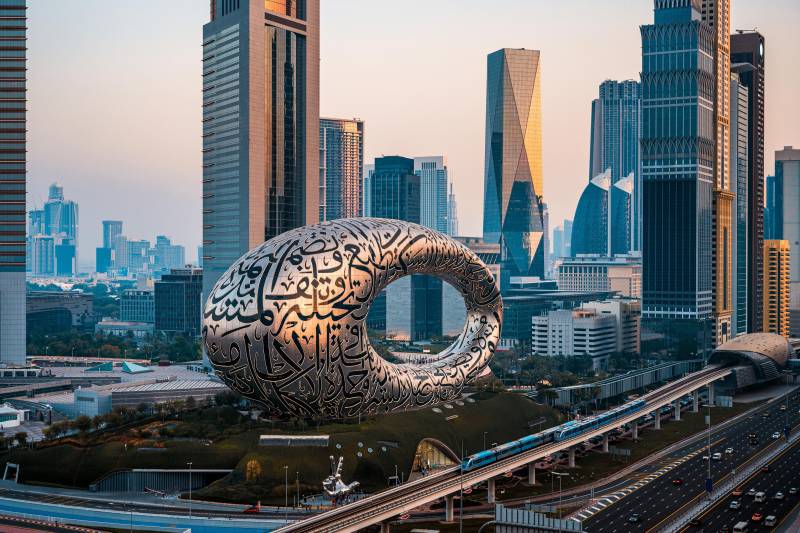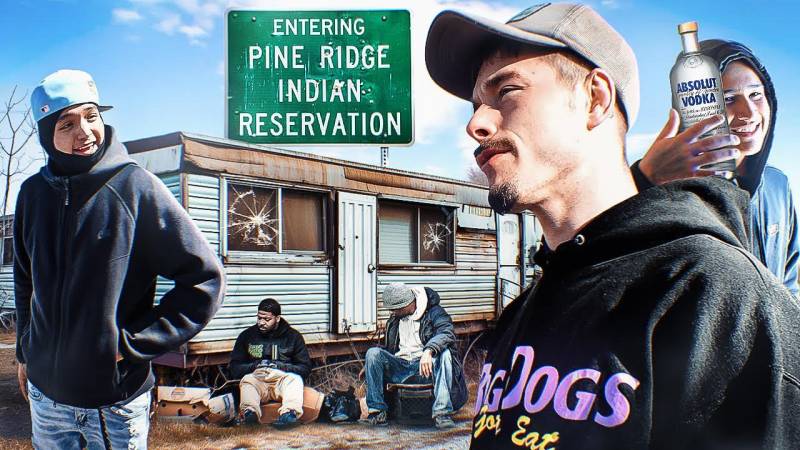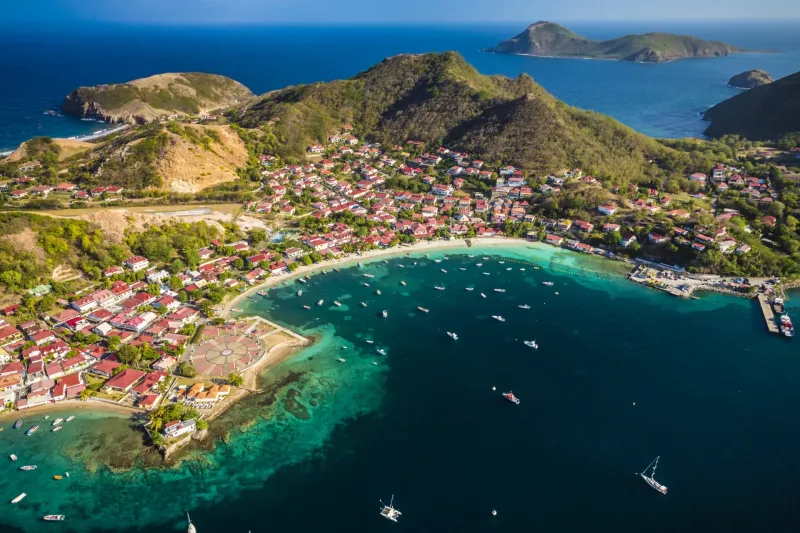The UK is pledging £290m to help poorer countries cope with the impact of climate change, as the COP26 climate change summit enters its second week.
Government ministers from around the world are in Glasgow for more talks.
They will discuss how to support poorer countries and if reparations for damage from natural disasters should be paid.
Poorer nations have called for $100bn of financial help, arguing they are already suffering and will be worst affected by climate change.
Developing countries have historically contributed a very small proportion of the damaging emissions driving climate change - while currently the wealthiest 1% of the global population account for more than double the combined emissions of the poorest 50%.
The majority of the money from the UK will go to help Asian and Pacific nations plan and invest in climate action, improve conservation and promote low-carbon development, the government said.
The Foreign, Commonwealth and Development Office described the £290m as "new funding" from the foreign aid budget. The government said last month that cuts to the UK's foreign aid spending, to 0.5% of national income, will stay in place until at least 2024-25.
Senior government climate change advisers previously warned the cuts showed the UK was "neither committed to nor serious about" helping countries vulnerable to climate change ahead of COP26.
What do the poorest countries want from climate summit?
Why hasn't climate pledge to poor countries been met?
The UN summit will continue until Sunday, with much of the focus of the talks over how to limit global warming to the target of 1.5C.
Monday will see negotiators discuss how best to mitigate the impact of a warming planet, particularly for poorer countries.
Developing countries are asking for $100bn (around £73bn at current exchange rates) annually to help reduce emissions and adapt to climate change and reaching net-zero targets on emissions well before 2050.
A pledge for $100bn from wealthier nations was made as long ago as 2009, but the plans to have it in place by 2020 have not been realised and current targets aim to reach it by 2023 - an offer which has been described as "extremely disappointing".
International trade minister Anne-Marie Trevelyan said the world "must act now" to prevent more people being pushed into poverty by climate change.
line
Where will the money be spent?
The government said its £290m in new funding to tackle the impact of climate change will be split between:
£274m to assist Asian and the Pacific nations to plan and invest in climate action, improve conservation and ensure low-carbon development
£15m to a fund designed to support developing countries focus their response where they most need it
£1 million to support delivery of faster and more effective global humanitarian action, including in response to climate-related disasters
line
But there is also the question of whether rich nations should pay reparations to vulnerable countries for damage already caused by climate change.
Wealthy nations have never acknowledged legal liability for the impact of their emissions - because the bill could run into trillions.
So far, Scotland is the only country promising to donate to a compensation fund for countries whose economies have been damaged by climate change with a £1m pledge.
Saleemul Huq, director of the International Centre for Climate Change and Development in Bangladesh, said Scotland's pledge is the first time any developed nation has tacitly admitted responsibility for contributing to global warming - and he believed it will not be the last.
Analysis box by Roger Harrabin, Environment analyst
The Glasgow COP isn't really one conference - in effect it's two processes in parallel.
One is a series of daily events organised by the British presidency of the COP. This innovation has already conjured welcome initiatives on forests, finance, methane and technology. This week it'll unveil pledges on transport, cities and science. They'll be significant if they're carried through.
Meanwhile in parallel the tangled talks of the formal UN process labour on.
There are disagreements over the rules governing climate deals, whether rich countries will offer more cash to poorer countries already suffering from dangerous heating - and whether given the urgency of climate disruption, nations should raise their carbon-cutting ambitions in two years instead of five.
There's also a question of reparations for nations harmed by emissions they didn't cause. So far the only contribution to the fund is £1m from Scotland.
It'll be a tough week.
2px presentational grey line
Charity Christian Aid said some of the world's poorest countries could suffer an average 64% hit to their economy by the end of the century under current climate policies.
Mohamed Adow, director of Kenyan climate and energy think tank Power Shift Africa, described the "scale of the economic disaster" as "deeply unjust".
"The fact rich countries have consistently blocked efforts to set up a loss and damage fund to deal with this injustice is shameful", he added.
President of COP26, Alok Sharma, said the pledges made "must be delivered on and accounted for" by all nations.
Former US President Barack Obama is expected to speak in Glasgow later about the progress made in the five years since the Paris Agreement took effect.
SOURCE : bbc




